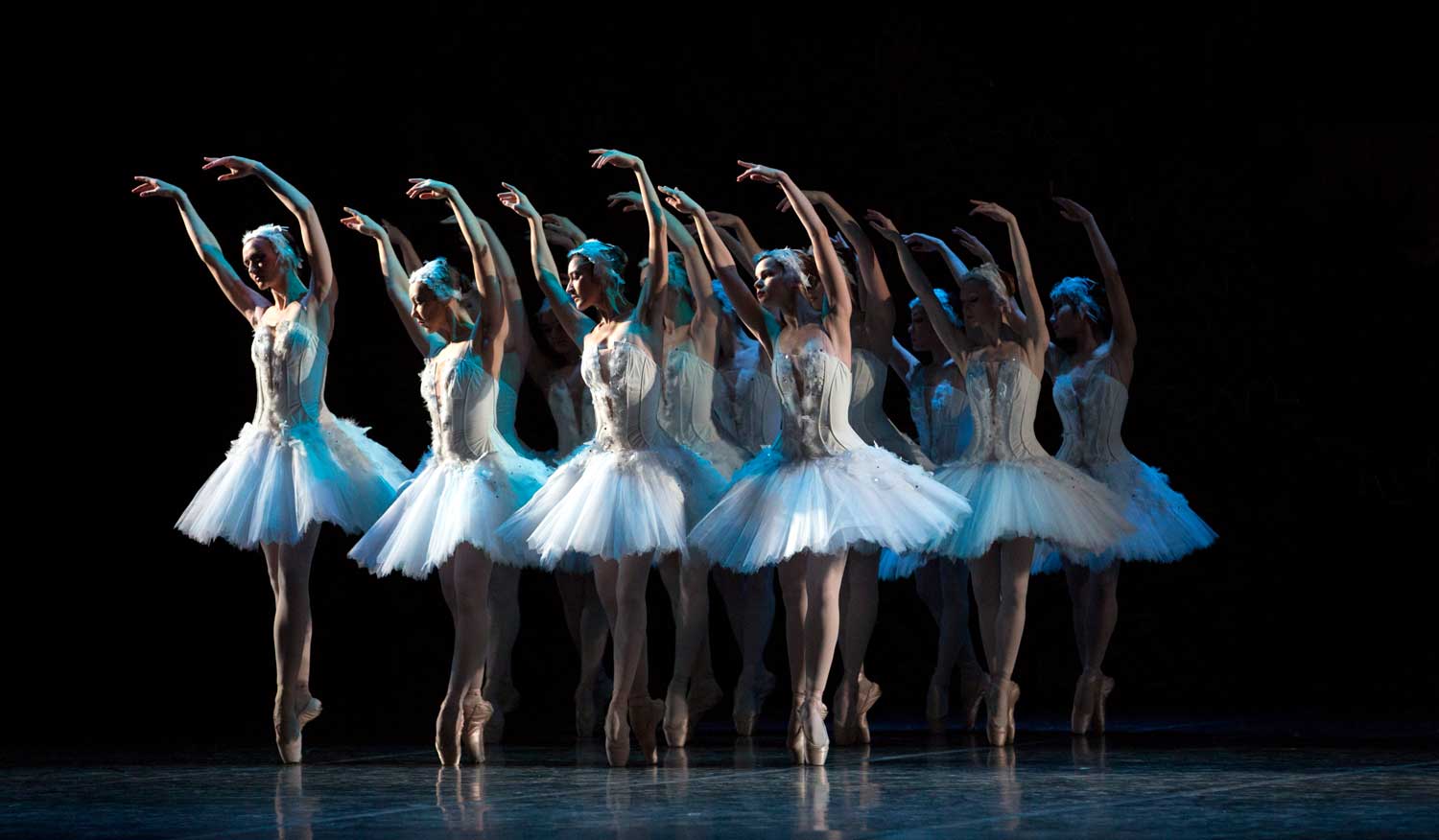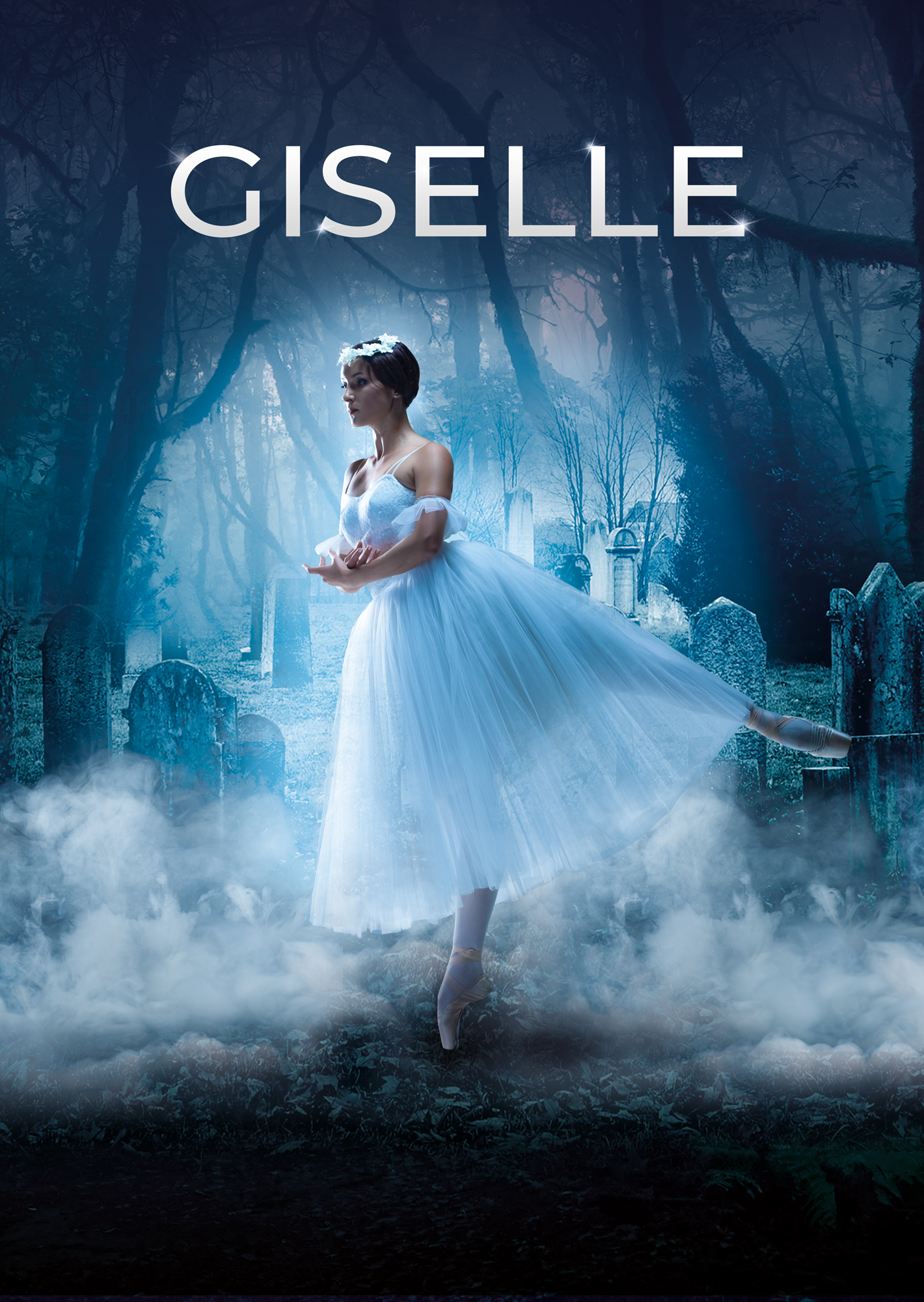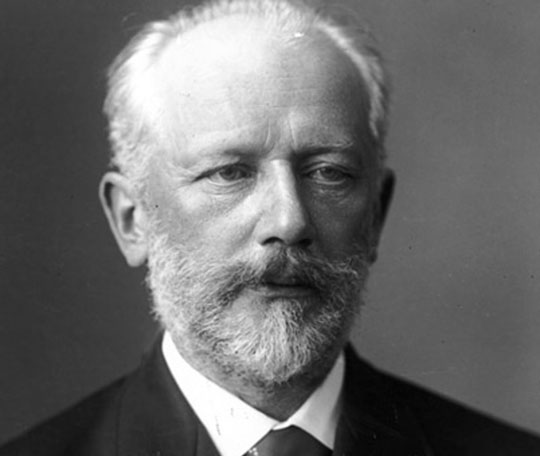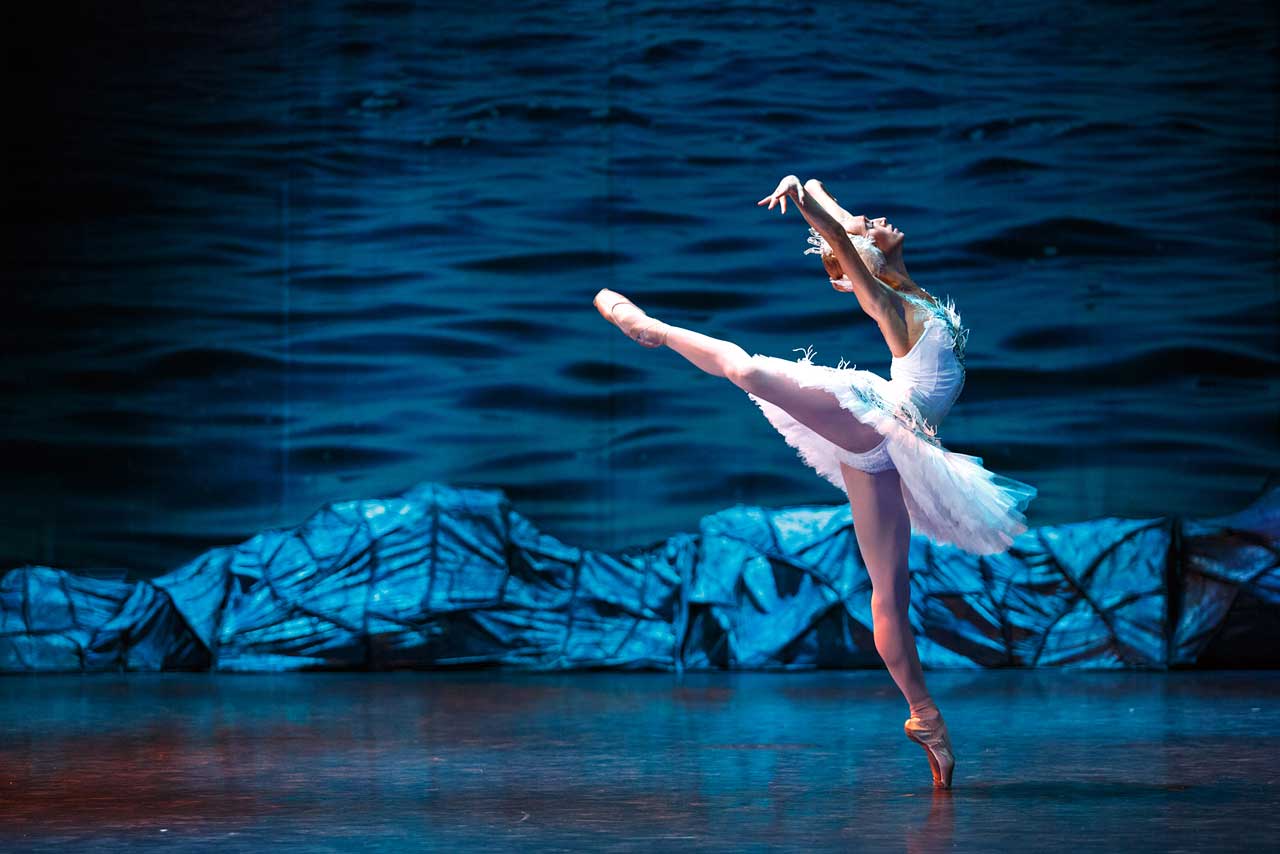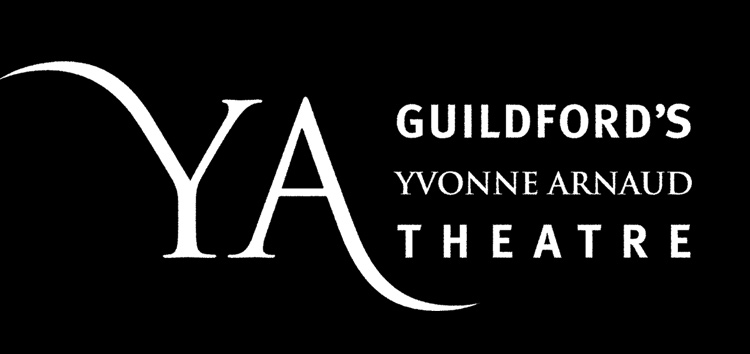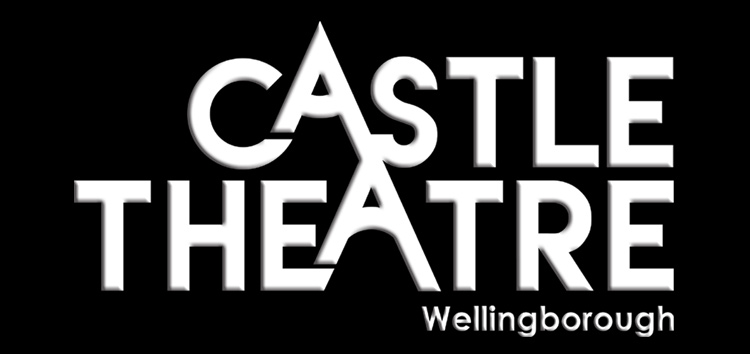On Prince Siegfried’s birthday a glittering party is given in the castle gardens. The lively jester entertains the guests who raise their glasses in honour of the Prince. There ensues much dancing during the boisterous celebrations.
Prince Siegfried’s mother appears at the castle. Siegfried greets her and respectfully welcomes her. His mother reminds him that there will be a ball on the following day and it is time for him to choose a bride from among the invited young women. She presents him with a gift and leaves the party. Siegfried is downcast. He is not in love with any of the eligible young women his mother has in mind for him and has no wish to lose his freedom just yet. To forget his troubles, he decides to go hunting after the guests leave the castle. Alone in the forest, Siegfried sees white swans flying high in the sky. He takes his crossbow and follows them to the lake, unaware that he is being stalked by the evil sorcerer Rothbart.
SCENE 2 – AT THE LAKE
On the banks of a magic lake the Prince discovers the beautiful white swans swimming by the shore which borders the realm of the power-hungry sorcerer Rothbart. The swans have been enchanted – for one night only they have been turned into beautiful maidens by Rothbart’s spell. Only the power of selfless love can break the evil spell.
Siegfried approaches the edge of the lake. He is about to cock his crossbow – a split second later, his arrow would have wounded and killed one of the swans. But just then, Odette, the swan princess steps out in front of him.
Dazzled by Odette’s magnificent beauty, Siegfried tries to seize her. Odette sees the prince as her saviour but is terrified of the sorcerer Rothbart. She escapes from the prince and returns to the group of maidens. When Siegfried assures her that he means no harm, Princess Odette confesses she is human but that the wicked Rothbart has cast a spell and turned her into a swan and that this spell can only be broken by the man who promises her his everlasting love. Siegfried swears his eternal devotion to her. Odette says farewell to her lover, leaving him a feather as a love token. As dawn breaks the maidens turn once more into swans.
But the sorcerer Rothbart is plotting an evil plan.
ACT III
SCENE 3 – BALL IN THE CASTLE
On the following day the ball is held in the Queen’s castle. On this day, the Prince has to choose his prospective bride, but Siegfried is nowhere to be seen – he is late. The Queen is concerned about Prince’s absence, the ball begins without him. The jester entertains the guests and one dance follows another.
Finally, the Prince arrives. The Queen offers a number of prospective brides to Siegfried, asking him to make his choice. However, none of them catch his eye as his thoughts and feelings remain with Odette. He is only present at the ball to satisfy his mother and to dance with the young women of her choice.
Suddenly trumpets sound the arrival of more noble guests. It is an unknown Knight (the evil Rothbart in disguise) accompanied by his beautiful daughter Odile. Siegfried is stunned – Odile bears an uncanny resemblance to Odette.
Rothbart’s intentions are clear. He wants the prince to fall in love with his daughter Odile, forget Odette and therefore break the vow of love Siegfried swore to Odette.
The young prince is fascinated by Odile and his doubts vanish. At the request of Rothbart, the Prince swears his love to Odile at the very moment when he sees a white swan at the window. Rothbart and Odile leave the ball in triumph.
Siegfried realises that he has become a victim of Rothbart intrigues. In despair, he rushes to the lake to see Odette.
SCENE 4 — AT THE LAKE
The enchanted maidens are grieving by the lakeside. They know about Odette’s tragedy – now nothing can save them from the sorcerer’s spell. The Prince appears at the lake and begs Odette’s forgiveness. He assures her of his everlasting love for her.
Suddenly Rothbart appears in a fury and realizes that Odette and Siegfried have seen through his deceit. Siegfried challenges him to a fight and wins. The evil spell is broken, the power of the sorcerer is defeated and the swans change back into young maidens.
The power of evil has been conquered as the sun rises — love has triumphed.
THE SWAN
One hundred and thirty five years ago audiences heard the Swan Lakemusic by the great Russian composer Pyotr Ilyich Tchaikovsky for the very first time. From this moment on the world of ballet would never be the same again. Completely changing the genre, Swan Lake was staged countless times in almost every corner of the world. It quickly established itself as a symbol of classical dance. Every young ballerina aspired to dancing the part of Odette and to be transformed into a white swan.
Over the years Swan Lake has seen many productions but its Iibretto and choreography of the struggle between good and evil, love and betrayal and passion that conquers the dark forces has survived to become the yard stick by which the art of dance is measured.
